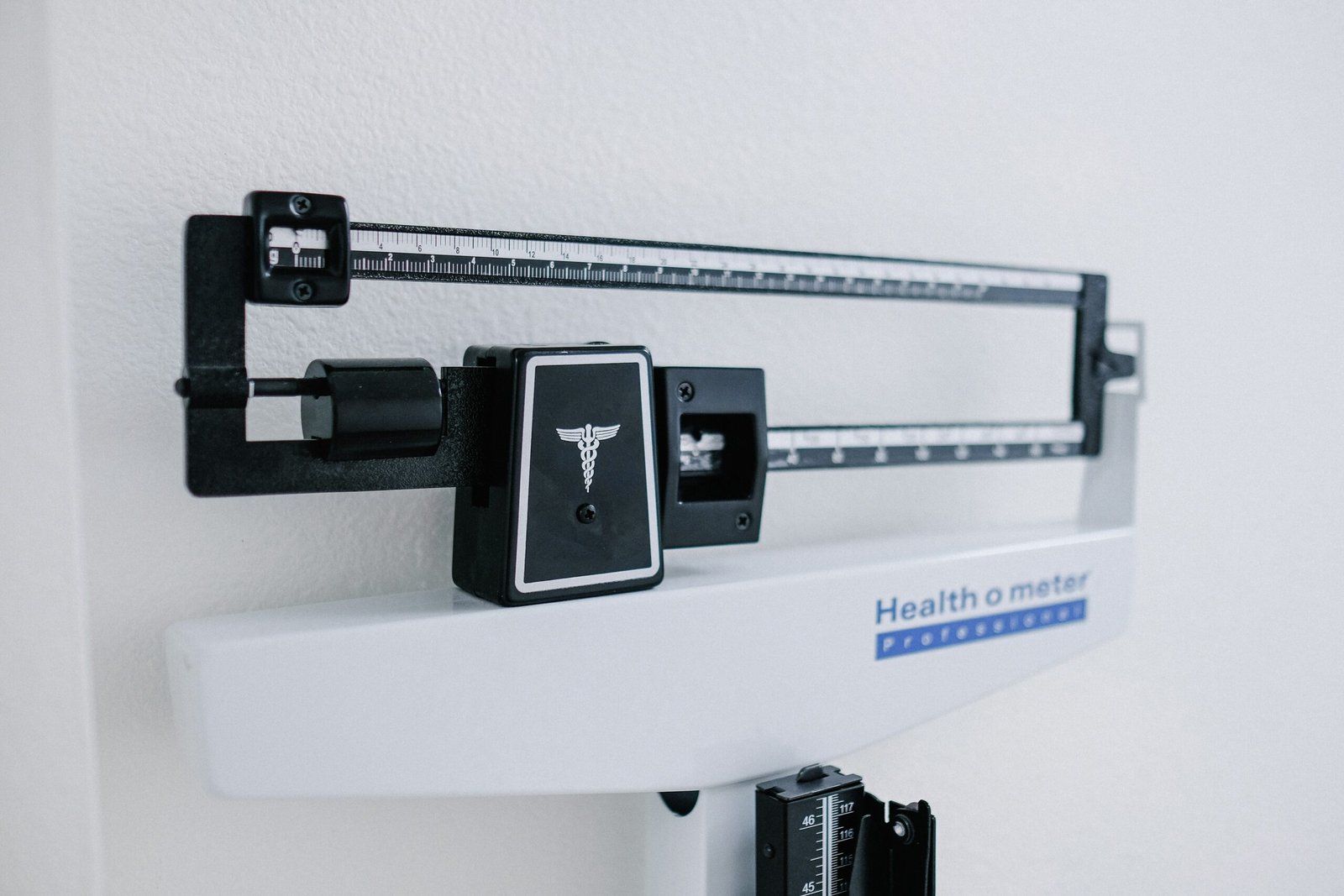When it comes to assessing our overall health and well-being, one of the key factors to consider is our body mass index (BMI). BMI is a widely used measurement that helps determine if we have a healthy weight in relation to our height. In this article, we will delve into what BMI means in regards to our health and explore some tips on how to maintain a healthy BMI.
What is Body Mass Index (BMI)?
Body Mass Index (BMI) is a numerical value calculated based on an individual’s weight and height. It provides a general indication of whether a person has a healthy weight for their height. The formula to calculate BMI is weight in kilograms divided by height in meters squared.
BMI is categorized into different ranges to determine if a person is underweight, normal weight, overweight, or obese. These categories serve as a starting point for assessing one’s health risks associated with weight.
What Does BMI Mean in Regards to Health?
While BMI is a useful tool for assessing weight status, it is important to remember that it does not directly measure body fat percentage or overall health. BMI is a screening tool that helps identify potential weight-related health risks.
Here are the general BMI categories and their interpretations:
- Underweight: BMI less than 18.5
- Normal weight: BMI between 18.5 and 24.9
- Overweight: BMI between 25 and 29.9
- Obese: BMI 30 or higher
It is essential to note that BMI may not be accurate for individuals with a high muscle mass, such as athletes, as muscle weighs more than fat. In such cases, additional assessments may be required to determine an individual’s overall health.
Maintaining a Healthy BMI
Maintaining a healthy BMI is crucial for overall health and reducing the risk of various chronic diseases. Here are some tips to help you achieve and maintain a healthy weight:
1. Eat a Balanced Diet
Focus on consuming a variety of nutrient-rich foods, including fruits, vegetables, whole grains, lean proteins, and healthy fats. Avoid excessive intake of processed foods, sugary beverages, and unhealthy snacks.
2. Engage in Regular Physical Activity
Participate in moderate-intensity aerobic activities, such as brisk walking, jogging, cycling, or swimming, for at least 150 minutes per week. Additionally, incorporate strength training exercises to build muscle and increase metabolism.
3. Practice Portion Control
Be mindful of portion sizes and avoid overeating. Use smaller plates, bowls, and cups to help control portions. Listen to your body’s hunger and fullness cues.
4. Stay Hydrated
Drink an adequate amount of water throughout the day to stay hydrated. Water helps maintain proper bodily functions and can help control appetite.
5. Get Sufficient Sleep
Aim for 7-9 hours of quality sleep each night. Lack of sleep can disrupt hunger hormones and lead to overeating or cravings for unhealthy foods.
6. Manage Stress
Find healthy ways to manage stress, such as practicing mindfulness, engaging in hobbies, or seeking support from friends and family. Stress can contribute to emotional eating and weight gain.
7. Seek Professional Guidance
If you are struggling with weight management or have specific health concerns, consider consulting a registered dietitian or healthcare professional who can provide personalized guidance and support.
Remember, maintaining a healthy BMI is just one aspect of overall health. It is important to focus on adopting a balanced lifestyle that includes regular physical activity, a nutritious diet, and taking care of your mental and emotional well-being.
By making small, sustainable changes to your daily routine, you can work towards achieving and maintaining a healthy weight and improving your overall health and well-being.
Disclaimer: This article is for informational purposes only and should not replace professional medical advice. Always consult with a healthcare professional before making any significant changes to your diet or exercise routine.

